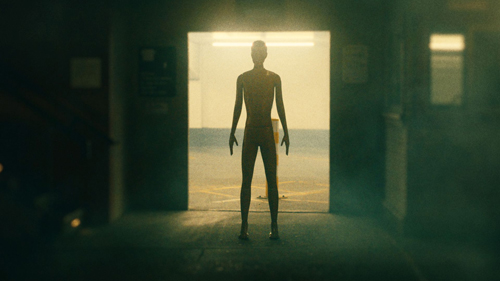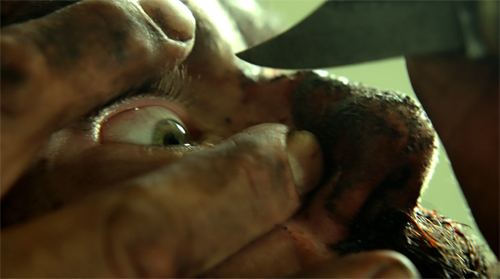
 Come spy with me, beckon Marsha Jordan and Ann Perry to curious viewers of The Golden Box, a secret-agent sexploitation caper from Her Odd Tastes director Don Davis. As a fan of Jordan, the Jayne Mansfield of ’60s softcore cinema, I was double-O ready for it.
Come spy with me, beckon Marsha Jordan and Ann Perry to curious viewers of The Golden Box, a secret-agent sexploitation caper from Her Odd Tastes director Don Davis. As a fan of Jordan, the Jayne Mansfield of ’60s softcore cinema, I was double-O ready for it.
In L.A., shortly after getting serviced while sitting on an all-gold toilet, the sideburnt musician Kirby (Forman Shane, College Girls Confidential) is shot dead by a mob enforcer. The murderer absconds with Kirby’s sheet music — actually an encoded record of the organization’s illegal wire transactions. In paragraphs of exposition he stays alive just long enough to blurt to the ladies before gurgling some ketchup, Kirby admits to skimming off the top of mob money.
With that, Diane and Donna (Jordan and Perry, respectively) embark on a mission to find Kirby’s killer, the silk-kerchiefed Slade (Jim Gentry, Hollywood Babylon). This endeavor takes them from Washington, D.C., to, um, Grand Rapids, Michigan, testing mattress-spring durability along the way. Scenes shot in the latter constitute Box’s most entertaining stretch (not involving the law of gravity), as our plump-chested pair tails Slade. At one point, to avoid being made, they duck into “one of those sexy adult movie theaters” showing none other than Jordan and Davis’ other 1970 collab, Marsha the Erotic Housewife! Amusingly taking the in-joke further, the box office gets a refund request.
Although its occasional change out of bedrooms and into the streets makes The Golden Box novel, it still isn’t remotely as fun as it sounds, not even with spinning interstitials à la TV’s Batman and the liberal spritz of a literal seltzer water bottle. Alas, this film marked Jordan and Davis’ fifth and final T&A team-up. Perhaps Jordan didn’t like sharing the spotlight with Perry (The Bellboy and the Playgirls)? Everything about Jordan is big — her hairdo, her personality, her line readings, her … well — so it’s not like she leaves much room onscreen for anyone or anything else. Her visual appeal aside, Box’s greatest asset is the score from Davis’ regular composers, Chet and Jim Moore; it’s as bouncy as its stars. —Rod Lott

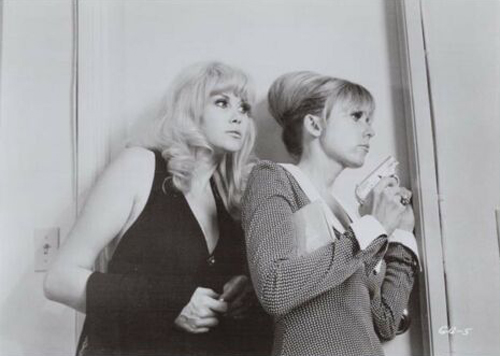

 Dubiously,
Dubiously, 

 Danger, romance and seduction: the holy trinity of a now-extinct film subgenre that kept beautiful, busty women named Shannon employed for the better part of the 1990s. Besides the obvious visual attributes, what made those flicks tick? Where did they come from? More importantly, why did they disappear?
Danger, romance and seduction: the holy trinity of a now-extinct film subgenre that kept beautiful, busty women named Shannon employed for the better part of the 1990s. Besides the obvious visual attributes, what made those flicks tick? Where did they come from? More importantly, why did they disappear? 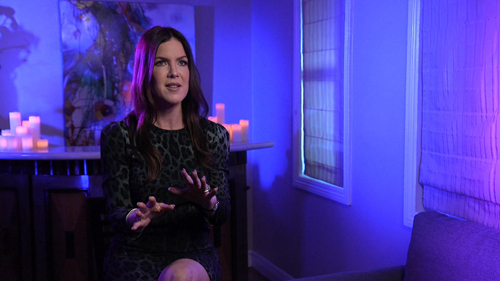
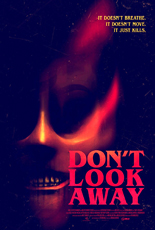
 Don’t knock
Don’t knock 